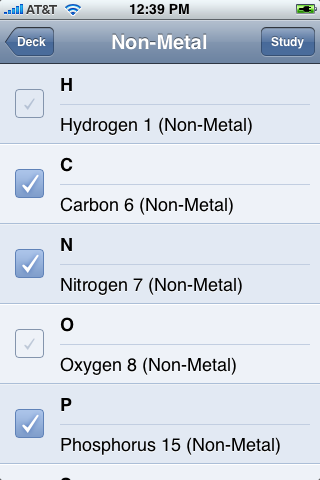

Be intentional and organized with your study time. Make sure you know these, which can be a bit challenging since they’re typically longer. NCLEX® tip! Chances are if you get a medication question on the NCLEX, it’ll be the generic name of the medication and not the trade name. Even if they’re ridiculous or inappropriate – if it works for you, it works.Īnd don’t make the mistake of forgetting the awesome memory device you created – make sure you write it down! That way when you go back to studying for another course, you can pick up where you left off rather than trying to think of another way to remember the information. Keep track of notes, paper or electronic flashcards, and memory devices. You’ll learn about magnesium sulfate in your OB/women’s health course, but see it again in med-surg and/or critical care as well. Medications come up over and over again and may be applicable in multiple courses. If you can devote a specific amount of time each day to this, it makes the task much more manageable than trying to understand and remember it all within a day or two. Bonus if they’re on your phone and you don’t have to remember to bring them everywhere. Schedule yourself for one focused hour tomorrow part of the time diving into the mechanism of action over again, take a 5-minute break, and then spend the rest of the time drilling cards.ĭuring downtime throughout the day (on the bus, in the elevator, waiting for your doctor’s appointment, whatever) go through some more cards. If you know you have a med quiz in 7 days, use today to create your flashcards and your first time going over the mechanism of action. Click to Listen to the MedMaster Podcast Spread your study time outĭon’t just try to cram it all the night before – that’s too much to retain at once. I found that if I could connect something to my favorite books/TV shows/movies, I remembered it better.Ĭheck out the MedMaster podcast on – it’s a helpful way to reiterate topics on the go.
IFLASH FLASHCARDS LICENSE
For example, beta-blockers are funny so they always make me LOL or ARB’s are what pirates use for their hypertension because they make them go arrrrrr(b)ggg, or lisinopril has a license to always throw an ACE (inhibitor) down in cards … you get the picture! The more ridiculous, the better. While you’re memorizing, it can be helpful to make up ridiculous things to help jog your memory. Whichever method, devote time to memorizing these things and doing flashcard drills.
IFLASH FLASHCARDS DOWNLOAD
You can create flashcards with pen and index cards, color-coding along the way… or, you can download an app. There is no shortcut around a few things like prefixes, suffixes, generic and trade names, and dosages. If you don’t have someone to explain it to, explain it to yourself on your phone and listen back to it to see if it makes sense. Once you think you get it, try to explain it to someone else.
IFLASH FLASHCARDS FREE
Here’s an example of a great, free YouTube video of the mechanism of action behind NSAIDs. If you understand the mechanism of action, you have a solid understanding of that class of medications, and be able to troubleshoot questions easier.

Understanding this helps you to predict side effects, adverse reactions, antidotes, and more. If how your professor has explained it doesn’t click, find some good videos, podcasts, or other explanations. Whatever it takes, learn the mechanism of action inside and out. Via GIPHY Focus on the mechanism of action Therefore, take some time to develop a routine that works for you and carry this method across different courses. Also, what further complicates things is that different professors teach this process in different ways. You can’t just take one study tactic and think you can use that to understand each aspect. One must leverage both memorization and deep thinking to fully comprehend all that encompasses medications. Know that while you’re starting to learn pharmacology, it’s not one method that works for all aspects of this course. There are different pieces of information to know some require straight memorization and repetition (dosages, names, antidotes), while others require some deeper understanding (like the mechanism of action, applying it to a clinical situation). The way nursing school approaches teaching pharmacology varies widely, but the subject matter remains the same. Pharmacology tips – just for nursing students


 0 kommentar(er)
0 kommentar(er)
